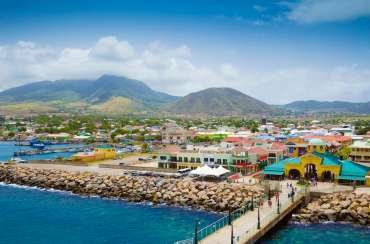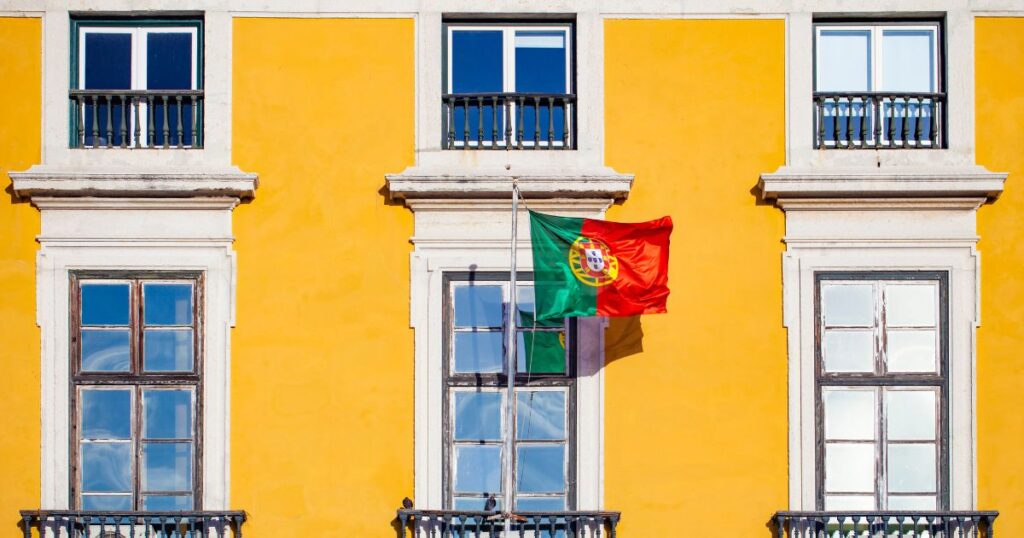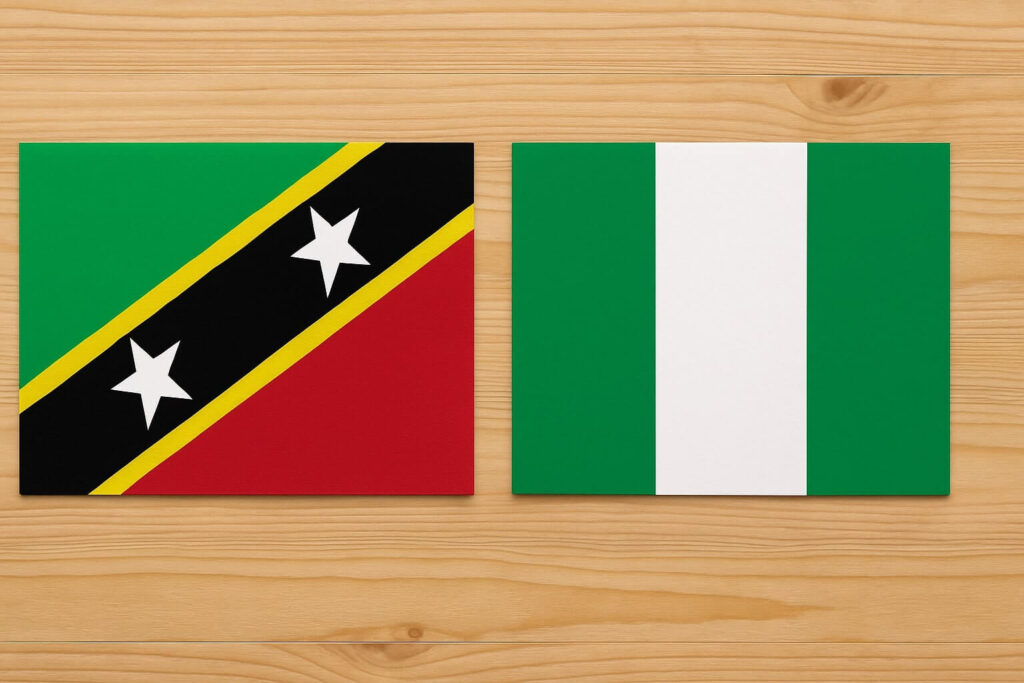Saint Kitts and Nevis may be the granddaddy of all the Citizenship by investment schemes. The scheme is often touted to be the oldest in the world, legal basis came into existence 1984.
What happened in 1984? How was citizenship by investment back then?
Let us start with independence of St Kitts and Nevis as a former british colony.
Independence in 1983
St Christopher (St Kitts) and Nevis became an independent Commonwealth country on 19 September 1983. British citizenship was not lost by anyone who became a citizen of these countries on that date. British Dependent Territories citizenship was however lost, unless there was a connection with a remaining dependent territory.
The British Nationality Act 1981 came into force on 1 January 1983. Those who were formerly citizens of the United Kingdom and Colonies by virtue of a connection with St. Kitts and Nevis became British dependent territories citizens under the 1981 Act. they will become citizens of Saint Christopher and Nevis on independence day, when they will lose their British dependent territories citizenship unless they qualify for retention of that citizenship by virtue of a connection with a remaining dependency. To make no one will lose British citizenship as a result of the independence of St. Kitts and Nevis, dual citizenship was permitted.
Citizenship Act 1984
It was only the next year in 1984, St Kitts and Nevis established the Citizenship Act of 1984, which formed the legal basis for citizenship by investment. The 1984 Citizenship by Investment Regulations mentioned “substantial investment”, provided the Minister is satisfied that there are reasonable grounds in the interests of defence, public safety or public order.
Part II of Acquisition of Citizenship by Registration under the Section (5) Subject to subsections (8), (9) and (13) of this section, a person is entitled, upon making application under this subsection to the Minister in the prescribed manner and upon payment of any fee that may be prescribed, to be registered as a citizen of Saint Christopher and Nevis without any rights of voting save under and in accordance with the provisions of any law governing the qualification of voters, if the Cabinet is satisfied that such person has invested substantially in Saint Christopher and Nevis.
St. Kitts has the oldest economic citizenship program in the eastern Caribbean under the Citizenship Act of 1984. The Act contains three investment options to be paid in the Eastern Caribbean (EC) dollar-equivalent of U.S. dollars. The options are:
1) $200,000 in St. Kitts and Nevis ten year Treasury bonds, or
2) $250,000 in an investment project approved after March 1996, or
3) $150,000 in a real estate development approved prior to March 1996.
For registration as a citizen under section 3(5) of the Act— in addition to investment
(a) investor …………………………………………………US$25,000
(b) spouse of investor …………………………………..US$10,000
(c) each child of investor—
(i) under eighteen years ……………………..US$10,000.00 or $26,882.00
(ii) eighteen years and above ……………….US$25,000.00
You can read the actual wordings 1984 Saint Christopher and Nevis Citizenship Act in pdf
In 1999, the State department published a report, selling of varying degrees of citizenship (“economic citizenship”) for a contribution to the State, can be found in both onshore and offshore jurisdictions. Currently, six Offshore Financial Centers (OFC) were selling economic citizenship: Belize, Dominica, Grenada, St. Kitts and Nevis and St. Vincent and the Grenadines in the Caribbean and Nauru, in the Pacific.
Citizenship by Investment Regulations 2011
It was only in 2011, The Saint Christopher and Nevis citizenship by investment regulations was published in the official gazette (No 48) on 15 september 2011 the prices soared to US$ 250,000. This regulation introduced two investment types to qualify for citizenship
- Sugar Industry Diversification Foundation – USD 250,000
- Approved Real Estate Investment – USD 400,000
Popularity soared only after 2006
It was in 2006, St Kitts citizens received mutual visa waiver with Europe’s schengen area and the popularity of investment program in St Kitts reached a pinnacle.
Today there is an estimated one third of the population of Kittitians are living as economic citizens in diaspora.





